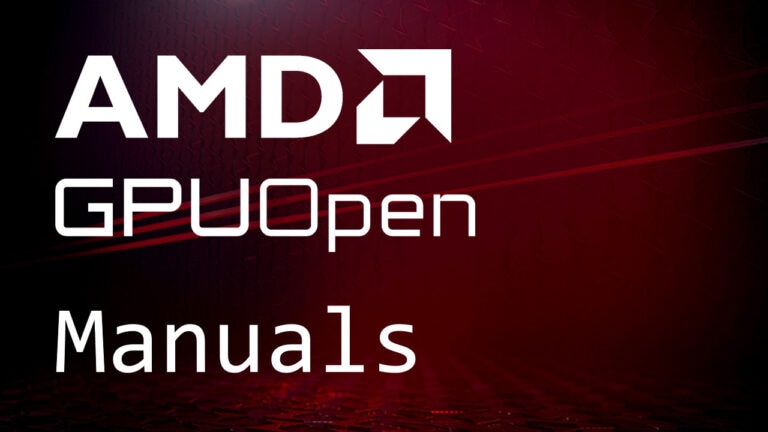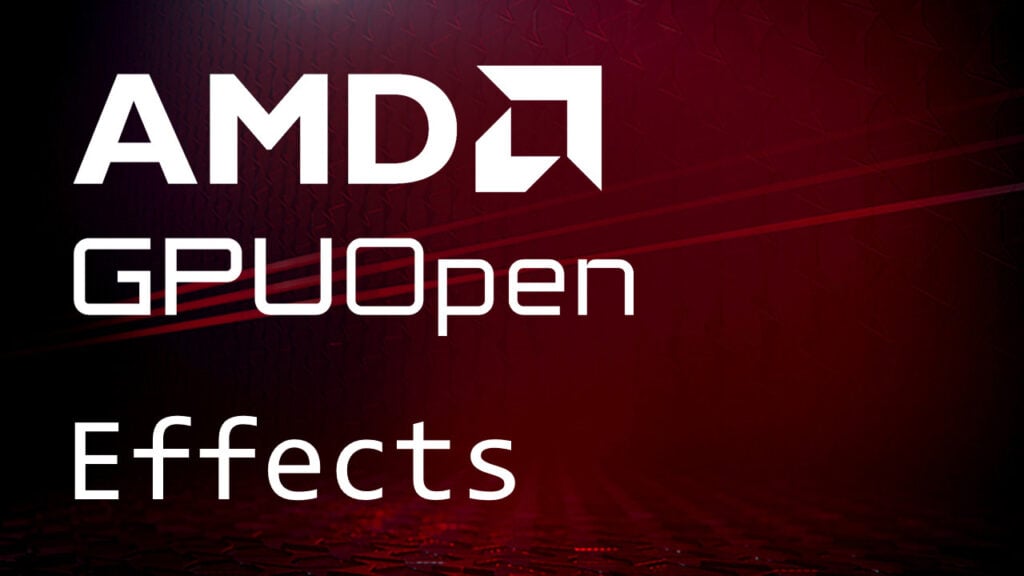schola.ray.utils.WrappedRLLibModel
- class schola.ray.utils.WrappedRLLibModel(model)[source]
-
Bases:
TorchModelV2,ModuleMethods
__init__(model)Initialize a TorchModelV2.
add_module(name, module)Add a child module to the current module.
apply(fn)Apply
fnrecursively to every submodule (as returned by.children()) as well as self.bfloat16()Casts all floating point parameters and buffers to
bfloat16datatype.buffers([recurse])Return an iterator over module buffers.
children()Return an iterator over immediate children modules.
compile(*args, **kwargs)Compile this Module’s forward using
torch.compile().context()Returns a contextmanager for the current forward pass.
cpu()Move all model parameters and buffers to the CPU.
cuda([device])Move all model parameters and buffers to the GPU.
custom_loss(policy_loss, loss_inputs)Override to customize the loss function used to optimize this model.
double()Casts all floating point parameters and buffers to
doubledatatype.eval()Set the module in evaluation mode.
extra_repr()Set the extra representation of the module.
float()Casts all floating point parameters and buffers to
floatdatatype.forward(*args, **kwargs)Forward pass through the model.
get_buffer(target)Return the buffer given by
targetif it exists, otherwise throw an error.get_extra_state()Return any extra state to include in the module’s state_dict.
get_initial_state()Get the initial recurrent state values for the model.
get_mask(action_space)get_parameter(target)Return the parameter given by
targetif it exists, otherwise throw an error.get_submodule(target)Return the submodule given by
targetif it exists, otherwise throw an error.half()Casts all floating point parameters and buffers to
halfdatatype.import_from_h5(**kwargs)ipu([device])Move all model parameters and buffers to the IPU.
is_time_major()If True, data for calling this ModelV2 must be in time-major format.
last_output()Returns the last output returned from calling the model.
load_state_dict(state_dict[, strict, assign])Copy parameters and buffers from
state_dictinto this module and its descendants.metrics()Override to return custom metrics from your model.
modules()Return an iterator over all modules in the network.
mtia([device])Move all model parameters and buffers to the MTIA.
named_buffers([prefix, recurse, …])Return an iterator over module buffers, yielding both the name of the buffer as well as the buffer itself.
named_children()Return an iterator over immediate children modules, yielding both the name of the module as well as the module itself.
named_modules([memo, prefix, remove_duplicate])Return an iterator over all modules in the network, yielding both the name of the module as well as the module itself.
named_parameters([prefix, recurse, …])Return an iterator over module parameters, yielding both the name of the parameter as well as the parameter itself.
parameters([recurse])Return an iterator over module parameters.
register_backward_hook(hook)Register a backward hook on the module.
register_buffer(name, tensor[, persistent])Add a buffer to the module.
register_forward_hook(hook, *[, prepend, …])Register a forward hook on the module.
register_forward_pre_hook(hook, *[, …])Register a forward pre-hook on the module.
register_full_backward_hook(hook[, prepend])Register a backward hook on the module.
register_full_backward_pre_hook(hook[, prepend])Register a backward pre-hook on the module.
register_load_state_dict_post_hook(hook)Register a post-hook to be run after module’s
load_state_dict()is called.register_load_state_dict_pre_hook(hook)Register a pre-hook to be run before module’s
load_state_dict()is called.register_module(name, module)Alias for
add_module().register_parameter(name, param)Add a parameter to the module.
register_state_dict_post_hook(hook)Register a post-hook for the
state_dict()method.register_state_dict_pre_hook(hook)Register a pre-hook for the
state_dict()method.requires_grad_([requires_grad])Change if autograd should record operations on parameters in this module.
set_extra_state(state)Set extra state contained in the loaded state_dict.
set_submodule(target, module)Set the submodule given by
targetif it exists, otherwise throw an error.share_memory()See
torch.Tensor.share_memory_().state_dict(*args[, destination, prefix, …])Return a dictionary containing references to the whole state of the module.
to(*args, **kwargs)Move and/or cast the parameters and buffers.
to_empty(*, device[, recurse])Move the parameters and buffers to the specified device without copying storage.
train([mode])Set the module in training mode.
trainable_variables([as_dict])Returns the list of trainable variables for this model.
type(dst_type)Casts all parameters and buffers to
dst_type.Returns the value function output for the most recent forward pass.
variables([as_dict])Returns the list (or a dict) of variables for this model.
xpu([device])Move all model parameters and buffers to the XPU.
zero_grad([set_to_none])Reset gradients of all model parameters.
Attributes
T_destinationcall_super_initdump_patchestraining- __init__(model)[source]
-
Initialize a TorchModelV2.
Here is an example implementation for a subclass
MyModelClass(TorchModelV2, nn.Module):
- forward(*args, **kwargs)[source]
-
Forward pass through the model. Removes variance outputs, to make compatible with Unreal.
- value_function()[source]
-
Returns the value function output for the most recent forward pass.
Note that a forward call has to be performed first, before this methods can return anything and thus that calling this method does not cause an extra forward pass through the network.
- Returns:
-
Value estimate tensor of shape [BATCH].














